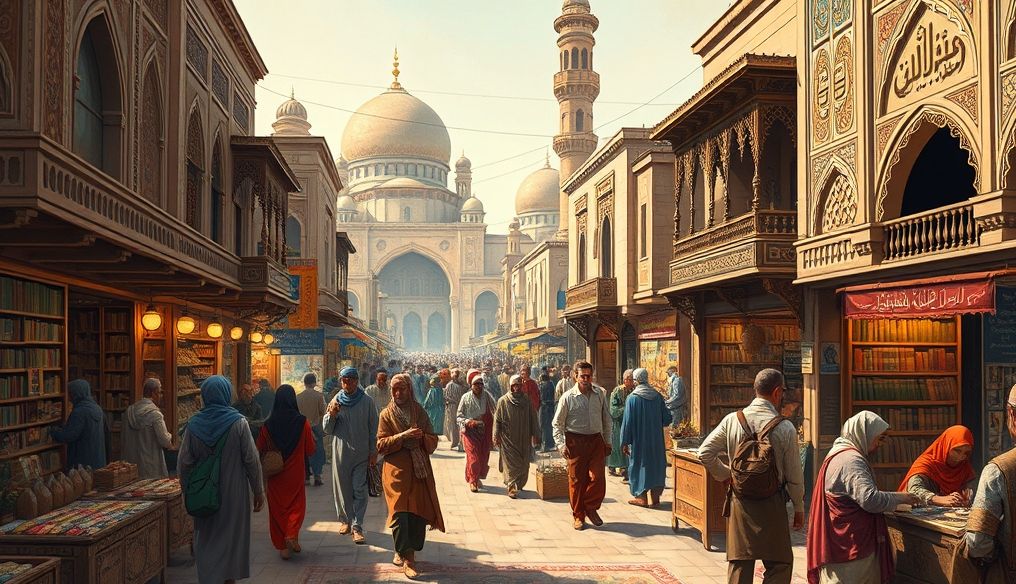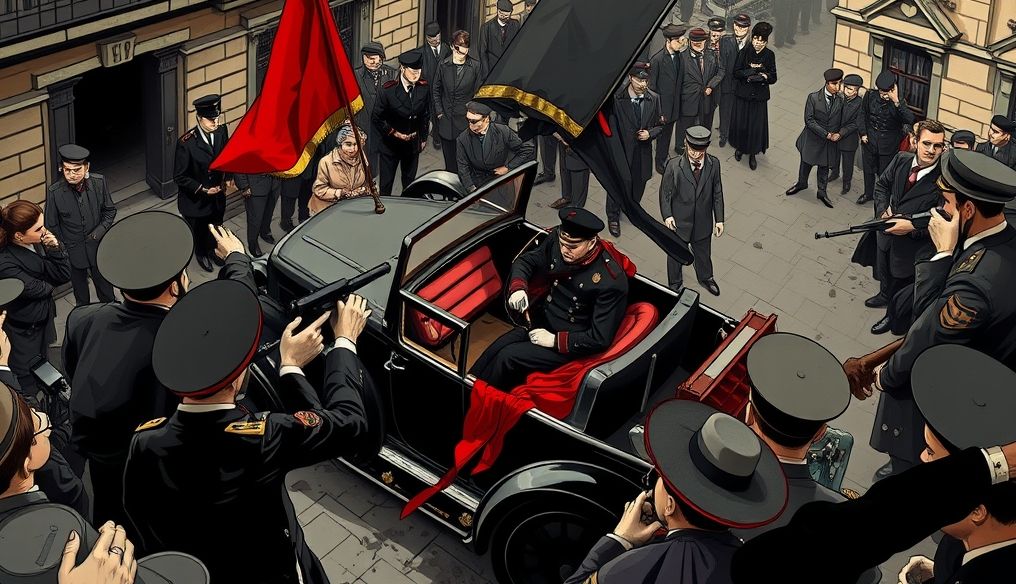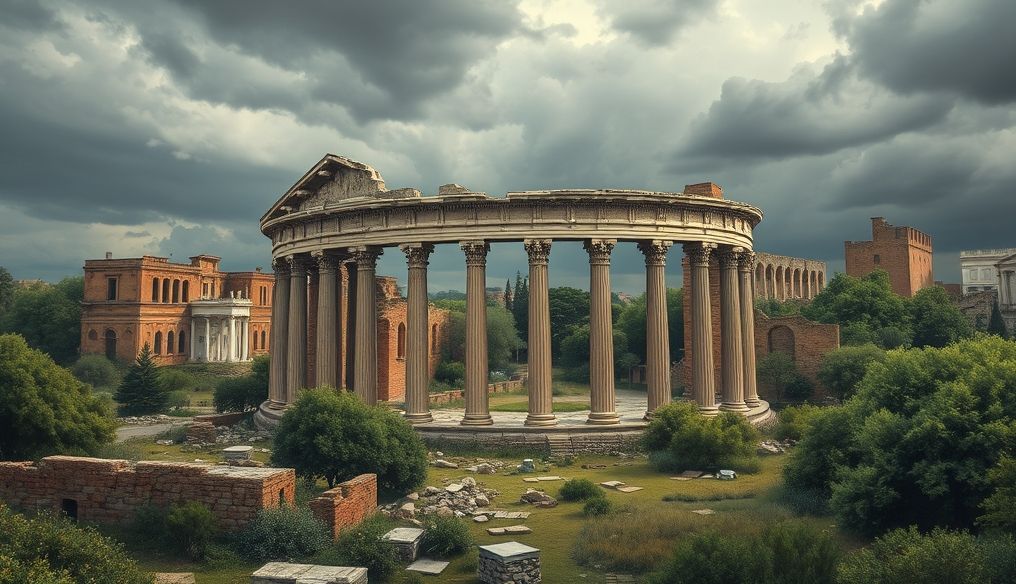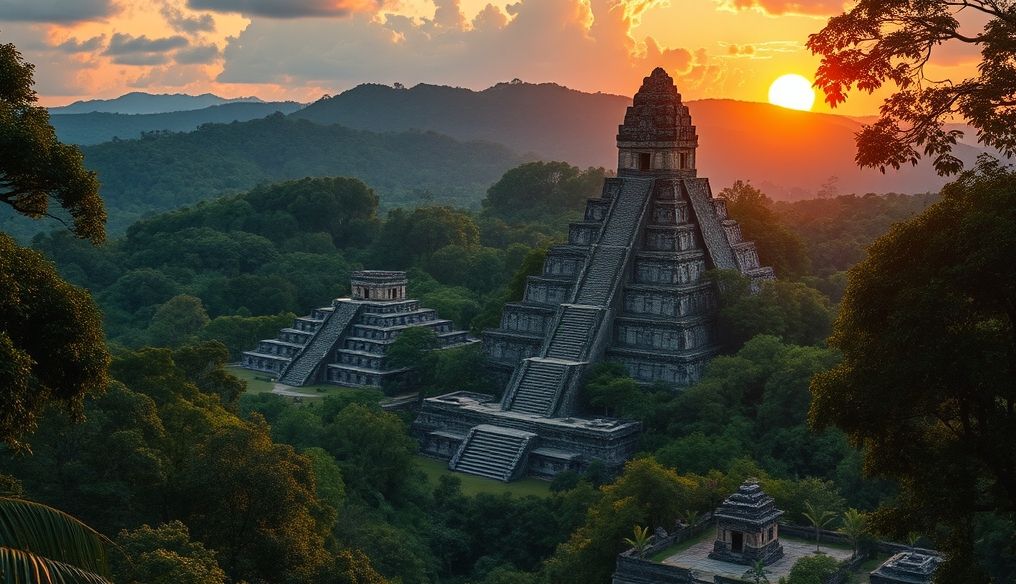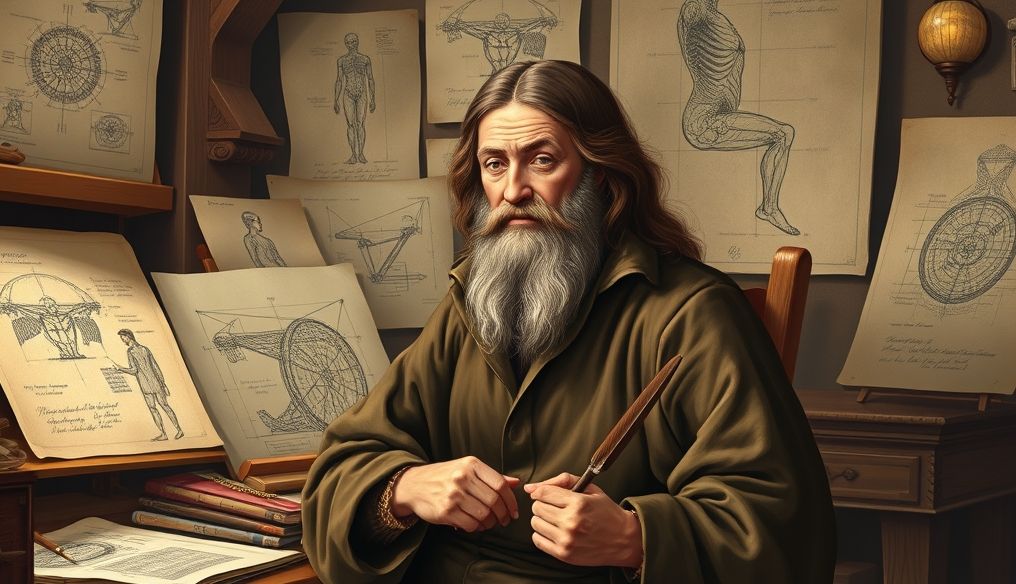How Was Daily Life in Baghdad During the Islamic Golden Age?
Baghdad during the Islamic Golden Age, between the 8th and 13th centuries CE, was a global center for science, art, and culture. It was not just a city, but a melting pot of civilizations and ideas, which enriched the daily lives of its inhabitants like never before. Let's explore the details of this life, from health and nutrition to arts and sciences, and how this period influenced the world.
Health, Fitness, Nutrition, and Healthcare
Baghdad in the Abbasid era was a pioneer in the field of medicine and health. Hospitals, or "Bimaristans," were not just places for treatment, but also educational and research centers. Doctors like Al-Razi and Ibn Sina provided advanced treatments and laid the foundations for modern pharmacy.
- Bimaristans: Hospitals were equipped with the latest medical tools and provided free care for everyone.
- Nutrition: The diet was based on fresh vegetables, fruits, meat, and fish. Spices and herbs were used not only for flavor but also for their health benefits.
- Hygiene: Attention to personal and public hygiene was an essential part of daily life, with public baths (hammams) throughout the city.
Cooking, Cuisine, Recipes, and Culinary Arts
Baghdadi cuisine was a blend of flavors and influences from across the Islamic world. Dishes combined Indian spices, Persian herbs, and Arab cooking techniques.
- Popular Dishes: Popular dishes included various types of stews, spiced rice, kebab, and desserts like baklava and kanafeh.
- Ingredients: Fresh ingredients from local markets played a vital role in preparing dishes.
- Culinary Art: Cooking was considered an art, and there were books dedicated to recipes and techniques.
Handicrafts, Home Repairs, and DIY
Baghdad was a center for handicrafts and traditional industries. Artisans were skilled in making carpets, jewelry, pottery, and metal tools.
- Carpets: Baghdadi carpets were famous for their quality and intricate designs.
- Jewelry: Goldsmiths and silversmiths created exquisite jewelry adorned with precious stones.
- Household Tools: Household tools were made from various materials such as wood, metal, and pottery.
General Life Skills and Personal Development
Knowledge and education were highly valued in Baghdad. Schools and libraries (such as the House of Wisdom) were centers of science and knowledge, where scholars and students exchanged ideas and information.
- Education: Education was available to everyone, regardless of gender or social class.
- Books and Libraries: Libraries contained vast collections of books and manuscripts in various fields.
- Discussion and Dialogue: Intellectual discussions and dialogues were an essential part of daily life.
Travel, Adventures, and Tourism
Baghdad was a meeting point for travelers and merchants from all over the world. The city was a vital commercial center, where goods and ideas flowed from east to west.
- Trade Routes: Baghdad was located on major trade routes connecting East and West.
- Travelers: Travelers like Ibn Battuta visited Baghdad and described their experiences in their books.
- Markets: Markets were full of exotic and rare goods from around the world.
Technology, Smart Devices, and Modern Techniques
Although the term "modern technology" did not exist in the current sense, Baghdad witnessed significant developments in the fields of engineering, mathematics, and astronomy.
- Astronomy: Baghdadi astronomers observed the stars and planets and developed new theories about the universe.
- Engineering: Baghdadi engineers built canals, bridges, and magnificent buildings.
- Mathematics: Baghdadi mathematicians developed algebra and geometry and contributed to the advancement of science.
Self-Development, Productivity, and Time Management
Time management and productivity were important in Baghdad, as people sought to balance work, leisure, and religion.
- Work: People worked in a variety of professions, from agriculture and trade to handicrafts and science.
- Leisure: People enjoyed leisure in gardens, parks, and cafes.
- Religion: Religion played an important role in people's lives, and they were keen to perform prayers and read the Quran.
History, Civilizations, and Ancient Cultures
Baghdad was a center for ancient civilizations and cultures, as the city was located at the crossroads of ancient civilizations such as Sumerian, Babylonian, and Assyrian.
- Ancient Influences: Baghdad was influenced by the ancient civilizations in the region and preserved its cultural heritage.
- Museums: There were museums displaying ancient artifacts and works of art.
- Scholars: Scholars studied ancient history and preserved ancient knowledge.
Science, Space, and Scientific Discoveries
Baghdad witnessed important scientific discoveries in the fields of medicine, chemistry, astronomy, and mathematics.
- Medicine: Al-Razi discovered many diseases and described new treatments.
- Chemistry: Baghdadi scientists developed new techniques in chemistry and manufacturing.
- Astronomy: Astronomers observed the stars and planets and developed new theories about the universe.
Arts, Culture, Literature, and Music
Baghdad was a center for arts, culture, literature, and music. Poets, writers, musicians, and artists thrived in the city.
- Poetry: Poetry was an important part of Baghdadi culture, and poets wrote poems on a variety of topics.
- Music: Music played an important role in daily life, and there were concerts and performances throughout the city.
- Arts: The arts flourished in Baghdad, and artists painted, sculpted, and created wonderful works of art.
Parenthood, Family, and Raising Children
The family played an important role in Baghdadi society. Fathers and mothers cared for their children and taught them values and morals.
- Education: Education was based on religious and moral values.
- Schooling: Children learned reading, writing, and mathematics in schools.
- Play: Children played different games in the streets and gardens.
In conclusion, daily life in Baghdad during the Islamic Golden Age was a unique blend of science, art, and culture. The city was a global center for knowledge and creativity, and its inhabitants enjoyed a rich and diverse life. This period has left an indelible mark on human history and culture.
